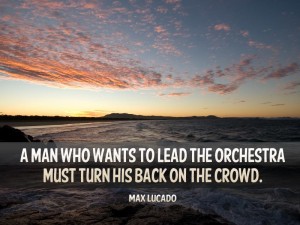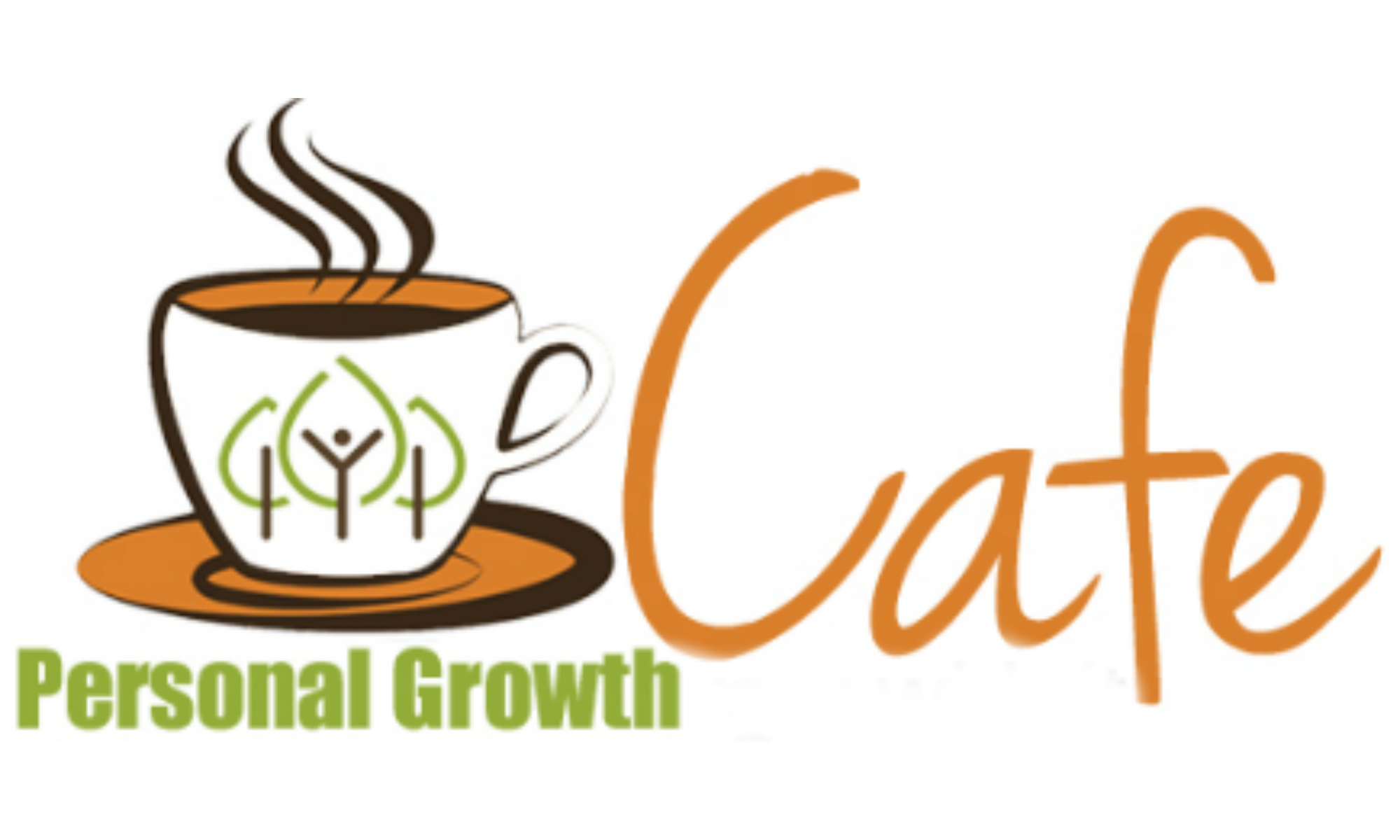 Being quick to judge is a common mistake we all make. Although we do this for a variety of reasons, it can cause challenges for ourselves and others.
Being quick to judge is a common mistake we all make. Although we do this for a variety of reasons, it can cause challenges for ourselves and others.
A lot of this happens because of the ways in which our brain operates. Some of it is simply a non-productive habit.
Contemplate these ideas:
- We’re prone to mistaken assumptions. Most of us have strong views regarding issues in which we have zero practical experience. Whether you want to discuss vegetarianism, living the lifestyle of a monk, or space aliens, nearly everyone you speak to will have a pretty strong opinion even if they have no experience with any of these topics.
- This happens in part because we get much of our information and knowledge secondhand. Keep in mind thatmany sources we rely on are likely derived the same way: from someone else.
- Humans have pattern-seeking brains. When you’re exposed to something new, your brain naturally attempts to connect it to something you already know. This is valuable and provides certainty and predictability. It helps you deal with the world.
- But these connections aren’t always sufficient to provide an accurate opinion. A degree of error is also introduced and the resulting conclusions have large degrees of error as well. Being quick to believe that your unrelated experience is a valid place from which to draw conclusions is usually your first error, and then it can grow from there.
The Perils of Being Judgmental
Being judgmental is hazardous both to you and others. When you hold inaccurate opinions and share them, you steer other people in the wrong direction, as well as yourself. You also prevent yourself from being open to new things. A high degree of self-awareness is needed to recognize when you’re getting off the path.
For example, you probably have a lot of opinions about being wealthy, even if you’ve never been wealthy. If your opinions are negative, do you think that this might have something to do with why you’ve never become wealthy?
Avoiding the Costs
Try suspending your judgment. The real key to unearthing your mistaken assumptions or incorrect pattern recognition is self-awareness.
Learn to recognize when your knowledge and relevant experience are lacking. Ask yourself a series of questions:
- What knowledge do I have that allows me to have this opinion?
- Is this knowledge valid?
- Am I really an expert on this topic?
- Is my ego involved?
When to Use Judgment
On the other hand, careful judgments can be beneficial for us. After all, what you chose to wear and eat today required a judgment call. So how do you know if your views and decisions are solid?
This is quite simple. Ask yourself: how accurate are my predictions? If you can anticipate outcomes well for a given topic, you can feel confident that your judgment is pretty good.
If a situation doesn’t involve risking your health or someone else’s, try to hold off on forming a strong opinion until after you’ve actually given the new activity a try. How many things have you stopped yourself from even trying because you already made up your mind it wouldn’t work?
You’ll be amazed at how your life blossoms when you cultivate an open mind!
Make sure you’re effectively using your power to manifest everything you want. Do the “Crash Course on Creating Your Ideal Life” video training for free at the Personal Growth Cafe.

